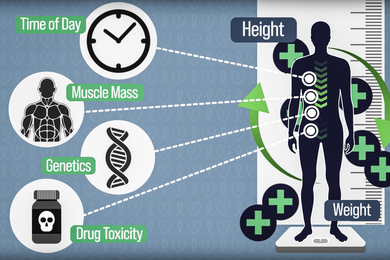Each of us wishes good health for ourselves and our loved ones. Every health care provider wants to assist people to stay healthy, to recognize an illness early and to treat a patient's illness quickly and correctly.
The costs of health care are escalating out of control because traditional indemnity systems of health care have become increasingly inefficient, while medical technology has become more complex. And, in spite of mammoth expenditures, medical outcomes are not always favorable. It is generally agreed that indemnity insurance (like Blue Cross/Blue Shield) has become unaffordable in part because technology is overused or not adequately managed.
How does managed care address these goals and costs in a health care systems that has multiple options for both the patients and the providers?
In a managed care system a group of providers joins together, allowing for administrative and purchasing efficiencies not available in typical private practice arrangements. Communication is facilitated by proximity of individuals to each other and by a uniform record system allowing efficient cross coverage. Services, like laboratory, radiology, mammography, pharmacy, and subspecialties, are usually available on site at the practice.
In addition to efficient internal referrals and testing, a managed care system (Health maintenance Organization) can opt to establish close working relationships with high quality tertiary subspecialists representing areas of rather rare, but critical need. An example of this is the MIT Health Plan relationship with the Massachusetts General Hospital for neurosurgery, thoracic surgery and many types of tertiary cardiac medical and surgical care.
Finally, quality control and enhanced communication systems distinguish managed care from private medical practice. Peer review and quality assurance are built into the operation of both managed care office and hospital practice. In the managed care system there is a lower barrier between the patient and the provider thereby expediting communication. When medical problems are brought to the physician in timely fashion, without restraints imposed by fees, problems that might have become more complex may be avoided. And, in managed care, the patient has the assurance that his health record will be comprehensive. This does not occur in private practice where portions of records are often scattered in the individual offices of different doctors.
In managed care settings a primary physician is chosen by the patient from a panel of providers. That doctor has the responsibility to work with the patient, to orchestrate appropriate referrals to other physicians, and to coordinate advice, testing and treatments. primary physicians in managed care practices are conductors of the orchestra and are selected for their clinical skills and their ability to coordinate a program of care for their patients. One argument frequently directed against managed care involves "freedom of choice" in selecting physicians. Indeed, complete freedom is not available in managed care, but a wide choice among a panel of primary and specialty physicians is usually offered.
Managed care systems have all the advantages of other practice methods, but are structured to provide efficiencies in access and in costs that are not as available in private practices.
A version of this article appeared in the November 18, 1992 issue of MIT Tech Talk (Volume 37, Number 14).





